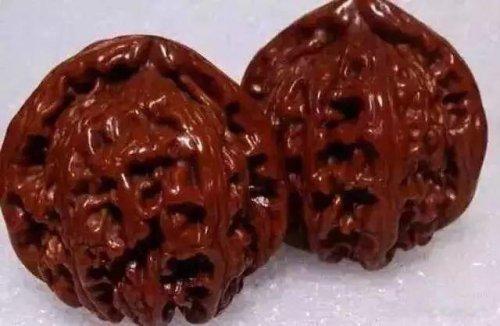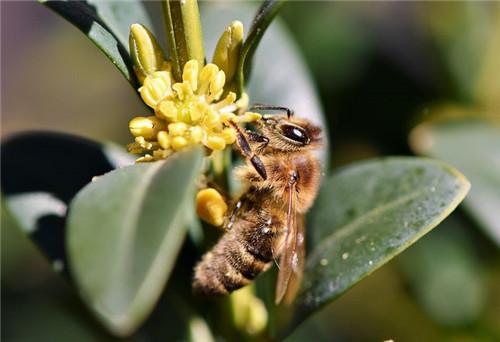英语语法将来进行时讲解(英语基础语法之)
今天我们一起学习英语12个时态中的最后一个时态,将来完成进行时。
将来完成进行时看起来就像是从过去到未来的时态
The Future Perfect Continuous tense looks at the past from the future.
我们该如何构造将来完成进行时呢?
将来完成进行时的结构是:
对于将来完成进行时的否定句,我们在well和have之间插入not,对于疑问句,我们交换主语和well的位置。
For negative sentences in the Future Perfect Continuous tense, we insert not between will and have.
For question sentences, we exchange the subject and will.
请看下面将来完成进行时的栗子:
将来完成进行时的缩写
(Contraction with Future Perfect Continuous)
在用将来完成进行时说话的时候,我们经常缩写主语和well。
I'll have been driving for five hours.
She'll have been watching TV.
在疑问句中,我们缩写成won’t,像这样:
You won't have been drinking, will you?
我们该如何使用将来完成进行时呢?
将来完成进行时时态与将来完成时很相似,但它表达的是延伸到将来某一特定事件或者时间到更长动作或者状态。
The Future Perfect Continuous tense is like the Future Perfect tense, but it expresses longer actions or states extending up to some specific event or time in the future.
举个栗子:
Ram starts waiting at 9am. I am late and cannot arrive before 10am. Ram will have been waiting for an hour by the time I meet him.
请注意:长期的动作或者状态可以在过去、现在或者将来的任何时间开始,但当然它总是在将来结束。
Notice that the long action or state can start at any time in the past, present or future, but of course it always ends in the future.
请看下面的栗子:
He'll be tired when he gets here. He'll have been travelling all day.
How long will Jo have been working when he retires?
Next month I'll have been studying Chinese for two years.
Will you have been working when I arrive?
He won't have been studying long enough to qualify.
Next week Jane is going to swim from England to France. By the time she gets to France she'll have been swimming non-stop for over thirteen hours.
总结
将来完成进行时表示动作可以从过去,现在,未来开始,但是必然在未来结束,表示在事情结束前这个动作会持续一段时间。
今天分享到此为止,至此英语12种时态已全部学完,
明天将继续学习并分享更多关于英语名词的学习知识,
有兴趣的同学可关注本公众号【SunsetDiary】共同学习成长
—END—
,
免责声明:本文仅代表文章作者的个人观点,与本站无关。其原创性、真实性以及文中陈述文字和内容未经本站证实,对本文以及其中全部或者部分内容文字的真实性、完整性和原创性本站不作任何保证或承诺,请读者仅作参考,并自行核实相关内容。文章投诉邮箱:anhduc.ph@yahoo.com












